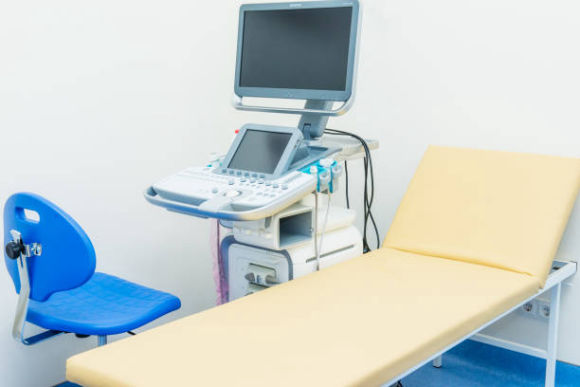Who is a Good Candidate for an IOP?
IOPs are appropriate for individuals who require more intensive therapy and support than traditional outpatient therapy can provide but do not need the 24-hour supervision and care provided by inpatient treatment. IOPs are also appropriate for individuals who have completed inpatient treatment and need continued support as they transition back to their daily lives.





